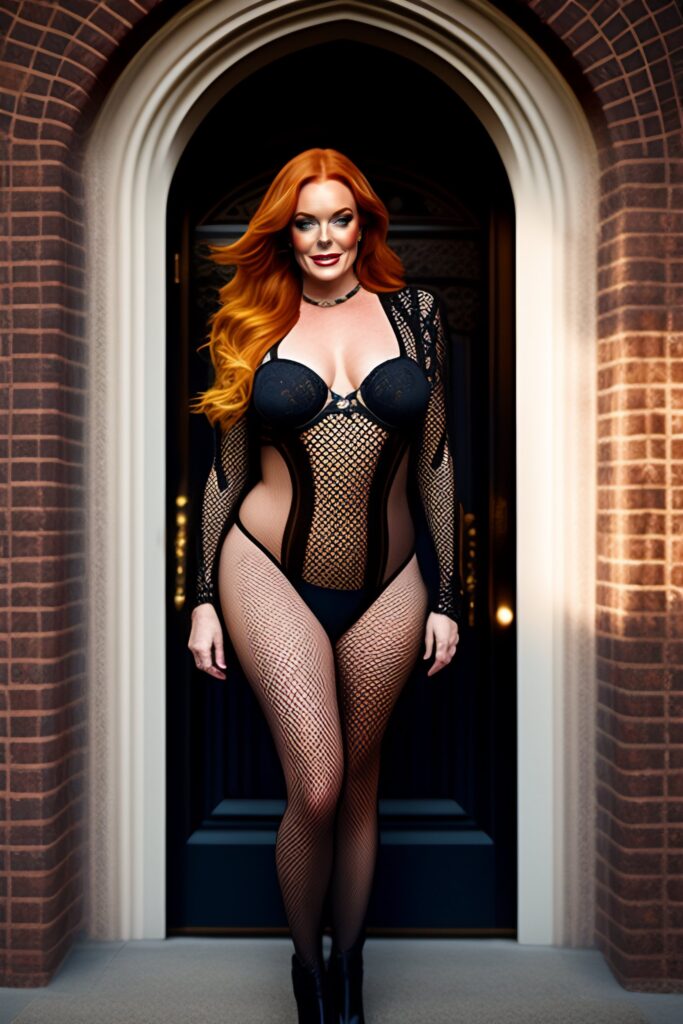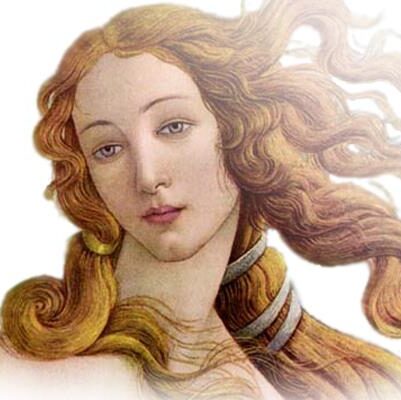
The events of September 11, 2001, changed the world in many ways. They also had a profound impact on the entertainment industry, especially on the careers of celebrity actresses. In this blog post, we will explore how 9/11 influenced the roles, opportunities, and trajectories of some of the most prominent actresses in Hollywood.
The Pre-9/11 Hollywood Landscape
Before the 9/11 attacks, Hollywood was enjoying a period of prosperity and creativity. The film industry was producing blockbuster hits like Titanic, The Matrix, and Gladiator, as well as critically acclaimed dramas like American Beauty, Erin Brockovich, and Shakespeare in Love. The television industry was also thriving with popular shows like Friends, Sex and the City, and The Sopranos.
Some of the most prominent actresses of that era were Julia Roberts, Sandra Bullock, Nicole Kidman, Halle Berry, and Jennifer Aniston. They were known for their versatility, charisma, and box office appeal. They starred in romantic comedies, action thrillers, historical dramas, and sci-fi adventures. They also won prestigious awards and accolades for their performances.
9/11's Influence on Celebrity Actresses
The 9/11 attacks shook the nation and the world. They also affected the entertainment industry in various ways. Some of the immediate effects were:
- The cancellation or postponement of film and TV releases that featured scenes of terrorism, violence, or New York City.
- The increase in security measures and restrictions at film and TV sets.
- The decrease in box office revenues and ratings due to lower consumer demand and confidence.
- The shift in public mood and taste towards more patriotic, uplifting, and escapist entertainment.
These effects had implications for the careers of celebrity actresses. Some of the changes they experienced were:
- The reduction in roles and opportunities for actresses who were perceived as too foreign, controversial, or edgy.
- The rise in demand for actresses who embodied American values, ideals, and heroism.
- The emergence of new genres and themes that reflected the post-9/11 reality, such as war, terrorism, politics, and religion.
- The challenge of balancing artistic expression and social responsibility in a sensitive and turbulent time.
Notable Actresses and Their Post-9/11 Careers
Some celebrity actresses managed to adapt to the post-9/11 environment and maintain or even enhance their careers. Others struggled to find their place or relevance in the new Hollywood landscape. Here are some examples of how 9/11 shaped the careers of notable actresses:
Angelina Jolie
Angelina Jolie was already a rising star before 9/11, thanks to her Oscar-winning role in Girl, Interrupted (1999) and her action heroine role in Lara Croft: Tomb Raider (2001). After 9/11, she became one of the most influential and powerful actresses in Hollywood. She starred in blockbuster films like Mr. & Mrs. Smith (2005), Wanted (2008), and Salt (2010), where she played strong, independent, and badass characters. She also ventured into directing and producing films that tackled serious issues like war, genocide, and human rights, such as In the Land of Blood and Honey (2011), Unbroken (2014), and First They Killed My Father (2017). She also became a prominent humanitarian activist and a goodwill ambassador for the United Nations High Commissioner for Refugees (UNHCR).
Meryl Streep
Meryl Streep was already a legend before 9/11, with a record number of Oscar nominations and wins for her roles in films like Kramer vs. Kramer (1979), Sophie's Choice (1982), and The Bridges of Madison County (1995). After 9/11, she continued to prove her versatility and excellence as an actress. She starred in diverse films like The Devil Wears Prada (2006), Mamma Mia! (2008), and The Iron Lady (2011), where she played a fashion editor, a singing mother, and a British prime minister, respectively. She also took on roles that challenged the status quo and spoke to the post-9/11 zeitgeist, such as The Hours (2002), The Manchurian Candidate (2004), and Lions for Lambs (2007), where she portrayed complex and conflicted characters dealing with issues like suicide, brainwashing, and war.
Lindsay Lohan
Lindsay Lohan was a rising star before 9/11, thanks to her breakout role in The Parent Trap (1998) and her Disney contract. After 9/11, she became one of the most popular and successful teen actresses in Hollywood. She starred in hit films like Freaky Friday (2003), Mean Girls (2004), and Herbie: Fully Loaded (2005), where she played relatable, funny, and charming characters. She also ventured into music and released two albums, Speak (2004) and A Little More Personal (Raw) (2005). However, her career took a downward spiral after she got involved in scandals, legal troubles, and substance abuse. She became more known for her tabloid headlines than her acting skills. She tried to make a comeback with films like Liz & Dick (2012) and The Canyons (2013), but they were poorly received by critics and audiences.
Cultural and Social Shifts in Filmmaking
The 9/11 attacks also influenced the themes and styles of Hollywood films and TV shows. Some of the cultural and social shifts that occurred in filmmaking were:
- The increase in patriotic and heroic films that celebrated American values, ideals, and resilience, such as Spider-Man (2002), The Lord of the Rings trilogy (2001-2003), and The Dark Knight trilogy (2005-2012).
- The rise in realistic and gritty films that depicted the horrors and consequences of war, terrorism, and violence, such as United 93 (2006), The Hurt Locker (2008), and Zero Dark Thirty (2012).
- The emergence of political and religious films that explored the causes and effects of 9/11, as well as the controversies and debates surrounding it, such as Fahrenheit 9/11 (2004), Syriana (2005), and Munich (2005).
- The popularity of fantasy and sci-fi films that offered escapism and imagination to audiences who were disillusioned or traumatized by 9/11, such as Harry Potter series (2001-2011), Pirates of the Caribbean series (2003-2017), and Avatar (2009).
- The diversification of film genres and formats that catered to different tastes and preferences of audiences who were more discerning and selective after 9/11, such as documentaries, indie films, foreign films, animated films, and online streaming.
Celebrity actresses played significant roles in these productions. They portrayed characters who were heroic, tragic, complex, or fantastical. They also expressed their opinions and perspectives on the issues raised by these films. They contributed to the cultural and social discourse that emerged from the post-9/11 era.
Conclusion
The 9/11 attacks were a turning point in history. They also had a lasting impact on the entertainment industry, especially on the careers of celebrity actresses. Some actresses adapted to the changes and thrived in their careers. Others struggled to find their place or relevance in the new Hollywood landscape. The events of 9/11 also influenced the themes and styles of Hollywood films and TV shows. They reflected the cultural and social shifts that occurred in the aftermath of 9/11. Celebrity actresses played important roles in these productions. They helped shape the narrative and identity of post-9/11 America.
The careers of celebrity actresses are not only influenced by their talent, charisma, and popularity. They are also influenced by the events that happen around them. The 9/11 attacks were one such event that changed their careers and the entertainment industry. How will the future events shape the careers of celebrity actresses? That is a question that only time can answer.
FAQ Section
Here are some frequently asked questions related to the topic of this blog post:
How did 9/11 change the types of roles offered to actresses?
9/11 changed the types of roles offered to actresses in several ways. Some of the changes were:
- The decline in roles that featured foreign, controversial, or edgy characters, such as spies, terrorists, criminals, or rebels.
- The increase in roles that featured American, patriotic, or heroic characters, such as soldiers, agents, leaders, or survivors.
- The emergence of roles that featured realistic, gritty, or complex characters, such as victims, witnesses, journalists, or activists.
- The popularity of roles that featured fantasy, sci-fi, or escapist characters, such as wizards, pirates, aliens, or avatars.
Can you provide examples of actresses who saw a boost in their careers after 9/11?
Some actresses who saw a boost in their careers after 9/11 were:
- Reese Witherspoon: She became one of the highest-paid actresses in Hollywood after starring in successful films like Legally Blonde (2001), Sweet Home Alabama (2002), and Walk the Line (2005), where she played likable, smart, and inspiring characters.
- Natalie Portman: She gained critical acclaim and recognition after starring in films like Star Wars prequel trilogy (1999-2005), V for Vendetta (2005), and Black Swan (2010), where she played diverse, challenging, and transformative characters.
- Jennifer Lawrence: She became one of the most popular and influential actresses in Hollywood after starring in films like The Hunger Games series (2012-2015), Silver Linings Playbook (2012), and American Hustle (2013), where she played strong, brave, and charismatic characters.
- Lupita Nyong'o: She made her breakthrough debut and won an Oscar for her role in 12 Years a Slave (2013), where she played a enslaved woman who endured unimaginable suffering. She also starred in films like Star Wars sequel trilogy (2015-2019), The Jungle Book (2016), and Black Panther (2018), where she played powerful, wise, and noble characters.
Did the 9/11 attacks influence the themes of Hollywood films?
The 9/11 attacks influenced the themes of Hollywood films in various ways. Some of the themes that emerged or became more prominent in post-9/11 films were:
- The theme of patriotism and heroism: This theme was evident in films that celebrated American values, ideals, and resilience, such as Captain America: The First Avenger (2011), American Sniper (2014), and Sully (2016).
- The theme of realism and grittiness: This theme was evident in films that depicted the horrors and consequences of war, terrorism, and violence, such as The Bourne Identity (2002), No Country for Old Men (2007), and Django Unchained (2012).
- The theme of politics and religion: This theme was evident in films that explored the causes and effects of 9/11, as well as the controversies and debates surrounding it, such as Bowling for Columbine (2002), The Da Vinci Code (2006), and The Social Network (2010).
- The theme of fantasy and sci-fi: This theme was evident in films that offered escapism and imagination to audiences who were disillusioned or traumatized by 9/11, such as The Chronicles of Narnia series (2005-2010), Inception (2010), and The Avengers series (2012-2019).
- The theme of diversity and inclusion: This theme was evident in films that featured more diverse and inclusive casts, stories, and perspectives, such as Crash (2004), Slumdog Millionaire (2008), and Hidden Figures (2016).
